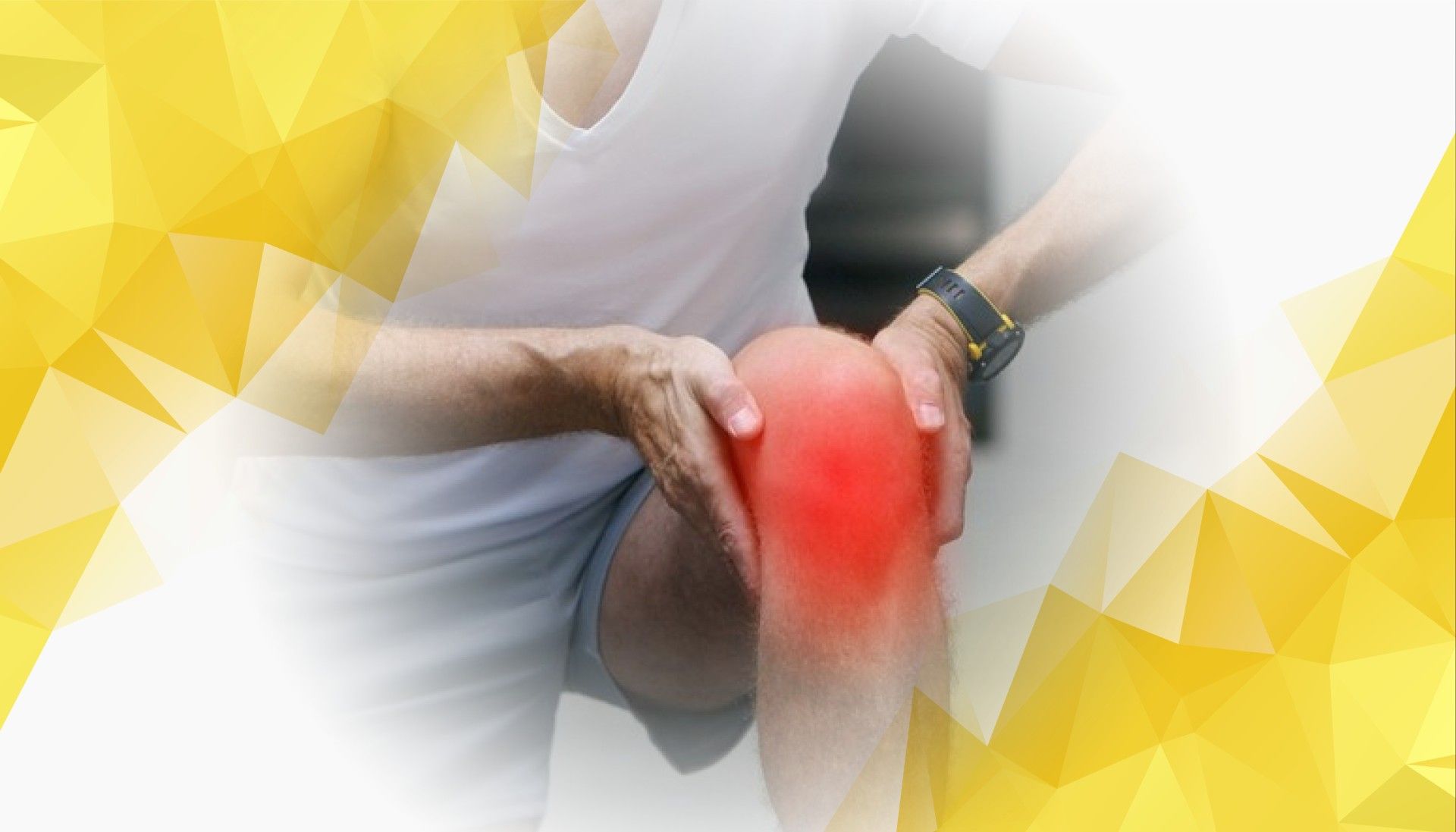Tag: MAI Motion
-

How MAI Motion Minimises Participant Burden in Clinical Trials
Introduction: Tackling the Challenges of Clinical Trial Testing Clinical trial s are essential for advancing medicine, but they often require a lot from participants. In many studies, people are asked to repeat the same movement multiple times—sometimes five or more—to …
-

Innovating Mobility: Rethinking the Sit-to-Stand Test with MAI Motion
Introduction: Why Functional Mobility Matters Functional mobility—the ability to move independently—is a cornerstone of daily life. The sit-to-stand test , which evaluates how a person rises from a seated to a standing position, is much more than a routine movement …
-

Enhancing Knee Stability: Understanding Valgus, Varus, and Rotational Forces with MAI Motion Technology
Introduction: Why Knee Stability Matters Knee stability is crucial—not just for athletes, but for anyone who wants to move comfortably and prevent injuries. The knee joint is a complex structure, relying on a delicate balance of forces to function smoothly. …
-

Enhancing Knee Care: How MAI Motion’s Metrics Drive Actionable Progress Tracking
In today’s rapidly evolving world of knee rehabilitation , tracking a patient’s progress accurately is vital for effective treatment and a successful recovery. MAI Motion , an innovative markerless motion capture system, makes this easier than ever by collecting detailed …
-

Load & Pain with MAI Motion: Train in the Safe Zone – A Fresh Approach to Knee Care
Introduction: Tackling Knee Pain with Smarter Load Management Knee pain is a familiar issue for everyone, from active athletes to those recovering from injury . One of the main challenges in keeping your knees healthy is managing the amount of …
-

How MAI Motion Supports Customised Treatment Plans
Introduction: Meeting the Need for Personalised Care Personalised treatment is becoming more important than ever in modern healthcare. No two patients are exactly alike—everyone has unique conditions, needs, and movement abilities. This makes generic, one-size-fits-all approaches less effective. Traditional assessment …
